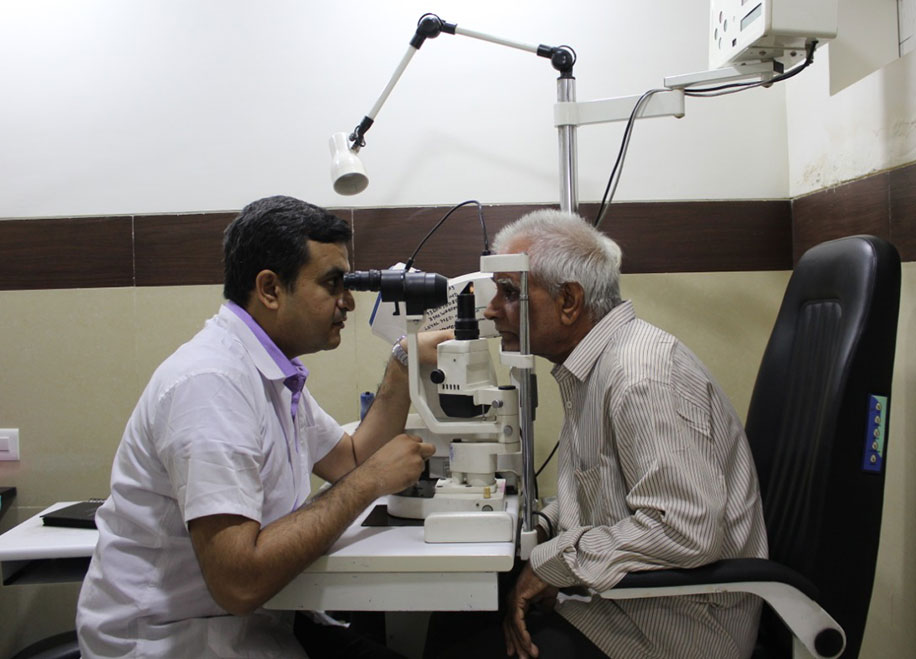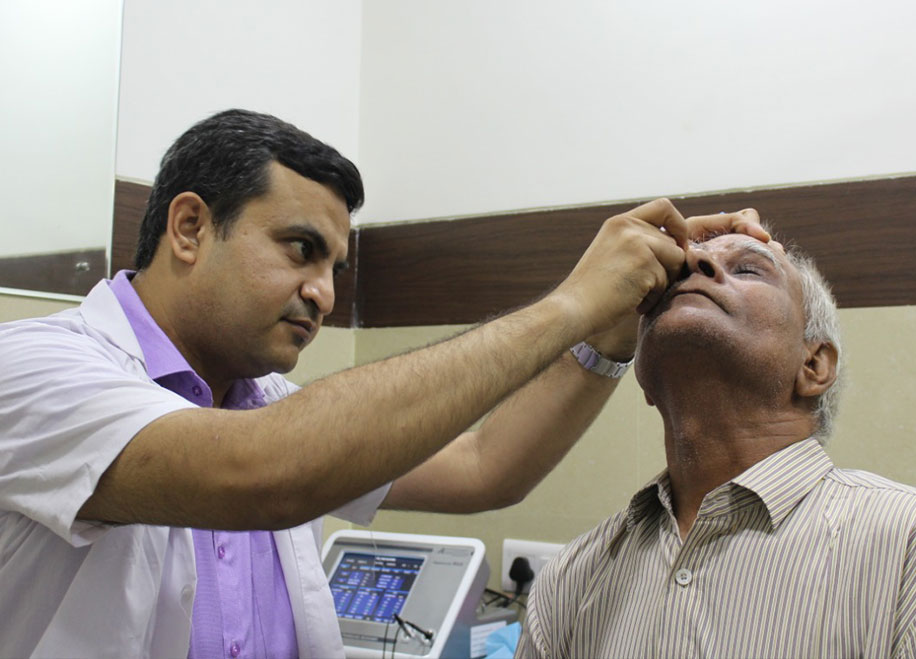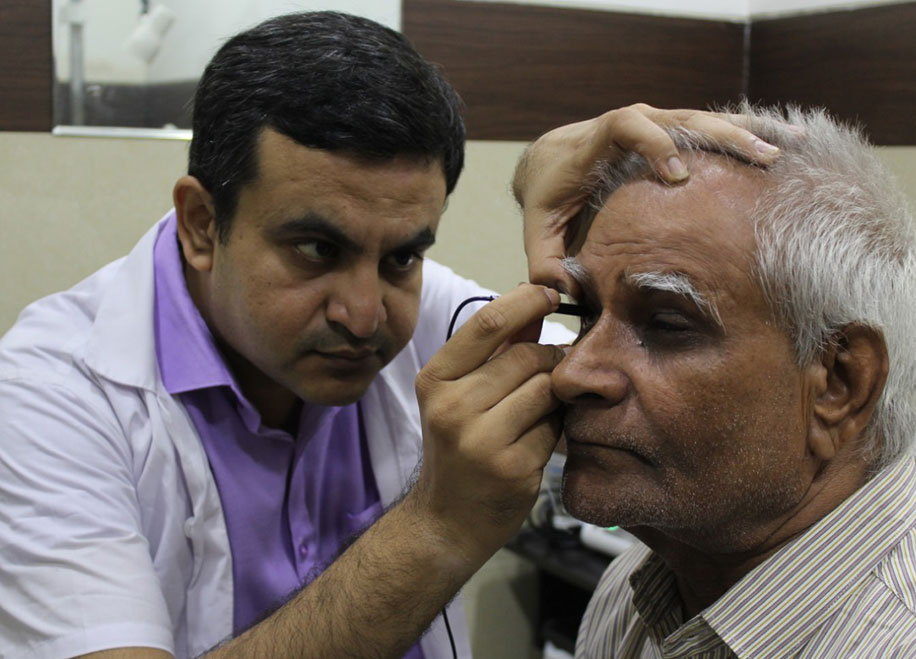


Lifeline Hospital’s Department of Ophthalmology provide cataracts, eye infections, optic nerve problems, or other eye conditions.
Our Ophthalmology experts strive to provide a range of services for the prevention, diagnosis, and treatment of various types of cancer. Our primary focus is to treat patients safely and ensure to give them faster recovery with minimal disfiguration, and quick return to a healthy life.
 Ophthalmology is the study of medical conditions relating to the eye. Ophthalmologists are doctors who specialize in the medical and surgical treatment of this organ.
Ophthalmology is the study of medical conditions relating to the eye. Ophthalmologists are doctors who specialize in the medical and surgical treatment of this organ.
A general practice doctor may refer someone to an ophthalmologist if they show symptoms of cataracts, eye infections, optic nerve problems, or other eye conditions.
An ophthalmologist is a medical doctor who specializes in diagnosing and treating eye-related conditions.
Subspecialist ophthalmologists have usually work on eye conditions that are complex, involve a specific part of the eye, or affect certain groups of people. They also train more extensively than regular ophthalmologists to perform extremely intricate surgeries on delicate parts of the eye.

Ophthalmologists are responsible for the diagnosis, prevention, and treatment of almost all eye conditions and visual issues.
However, subspecialist ophthalmologists tend to treat and monitor certain conditions, such as:
Aside from caring for the eyes and vision, an ophthalmologist’s medical training may also equip them to notice symptoms of conditions that do not directly relate to the eye. In such cases, they can refer people for the appropriate treatment.
Many ophthalmologists also participate in some form of scientific research focusing on the causes of eye and vision conditions, as well as potential cures.
Subspecialist ophthalmologists tend to perform a smaller range of procedures on a day-to-day basis, focusing instead on the treatment of one condition or a few related conditions.
Procedures that subspecialists commonly perform include:

Most people see an ophthalmologist because they are experiencing chronic or severe vision symptoms or signs of eye conditions, such as: